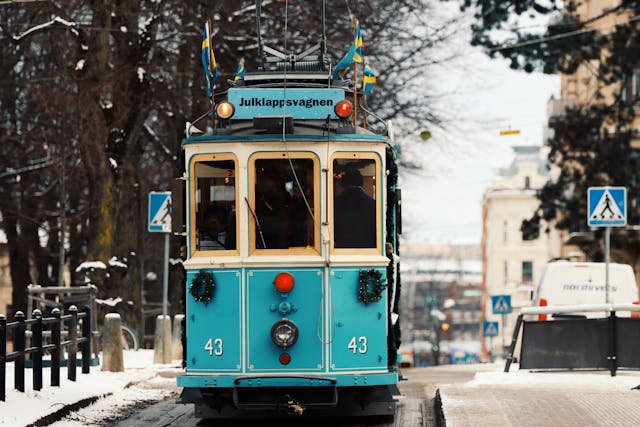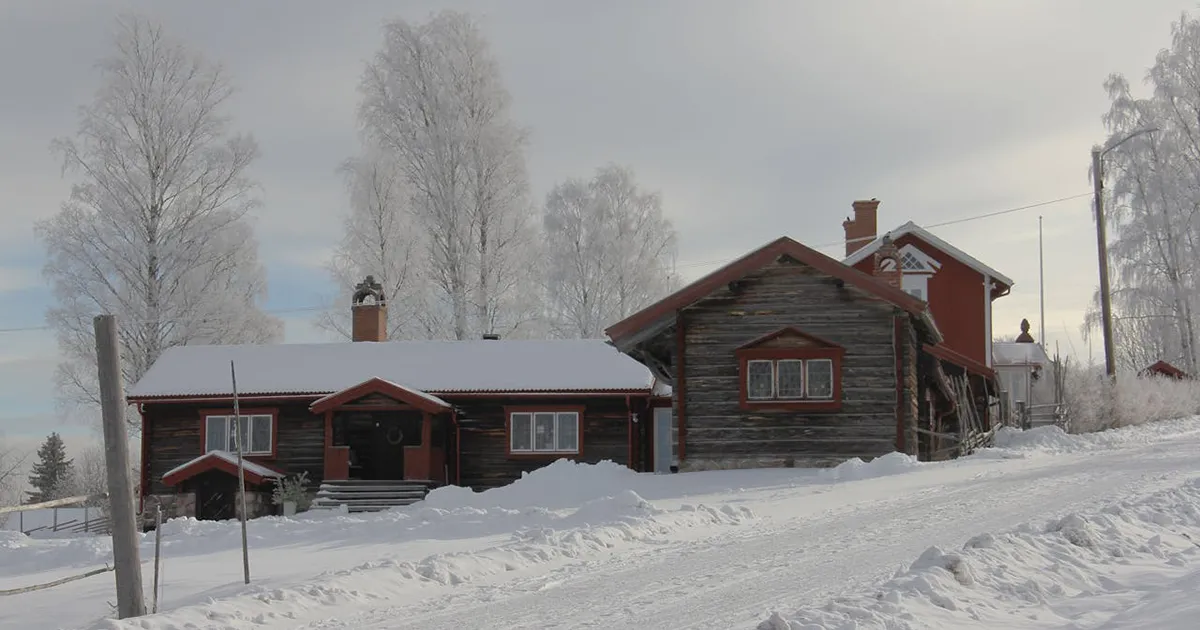Living in Sweden offers a high standard of living, but it does come at a cost! Everyday expenses vary depending on where you live, but generally speaking, the cost of living in Sweden is high. One of the main reasons for this is housing, where rents increase by around 1% every year. In recent years, Sweden has faced a housing shortage due to high demand from people moving to the country for its excellent quality of life. Unfortunately, the supply of housing hasn’t kept up.
Housing in Sweden
Competition for housing in Sweden is tough, to the point that there are two rental contracts: first-hand and second-hand. A first-hand contract means you rent directly from the property owner, while a second-hand contract means you rent from the current tenant. Foreigners and students often only get second-hand contracts for their first few months or years in Sweden. The downside is that these contracts usually last less than a year, which means newcomers often have to move multiple times.
Average cost of living by city
Stockholm is the most expensive city in Sweden, followed by Gothenburg and Uppsala. Smaller cities like Nykvarn and Södertälje are significantly cheaper.
Monthly costs in Stockholm (excluding rent):
- Family of four: 41,350 SEK
- Single person: 11,420 SEK
Monthly costs in Uppsala (excluding rent):
- Family of four: 38,650 SEK
- Single person: 10,530 SEK
Monthly costs in Gothenburg (excluding rent):
- Family of four: 38,450 SEK
- Single person: 10,560 SEK

Food, Alcohol, and Gasoline
Due to Sweden’s geographical location, it’s expected that food prices are high. Generally, Swedes prefer eating at home, and cooking together is a social activity. Dining out is seen as more of a luxury. If you plan to eat out, expect to pay around 100 SEK for a basic meal and over 200 SEK for a mid-range one. A nice dinner with drinks can cost around 800 SEK.
Average prices for food, alcohol, and gasoline:
- A dozen eggs: 41.25 SEK
- A bottle of wine: 100 SEK
- Meal at a cheap restaurant: 130 SEK
- One liter of gasoline: 18.35 SEK
Utility Costs
Compared to rent, the cost of utilities like electricity and internet is relatively affordable in Sweden. Many rental contracts include internet, and sometimes water and electricity as well. Average utility costs: About 1,300 SEK per month, depending on the size of the household and the number of people.
Education Costs
Public schools in Sweden are free, but there’s some debate about friskolor (private schools that receive public funding). The cost of international and private schools can range from 30,000 to 100,000 SEK per year, depending on the type and location of the school.
Healthcare
Healthcare is one area where Sweden truly stands out. With a personal identification number, you gain access to public healthcare where a doctor’s visit costs between 110 and 300 SEK, depending on where you live. Visits to specialists can cost up to 400 SEK. Private health insurance is rare, but if you choose it, expect to pay around 4,000 SEK per year.

Travel and Transport
Sweden is a large country, and many people travel by car, bus, or train. Driving is the most expensive option due to high gasoline prices, while buses and trains offer cheaper and more convenient alternatives.
A Solution to Manage Your Finances
While the cost of living in Sweden can feel high, there are smart ways to manage your finances. With Cirkly, you can save money with friends or family to reach your goals faster and easier. Instead of taking out expensive loans with high interest rates, you can save money by joining a savings circle and making your dreams a reality!




